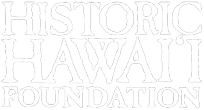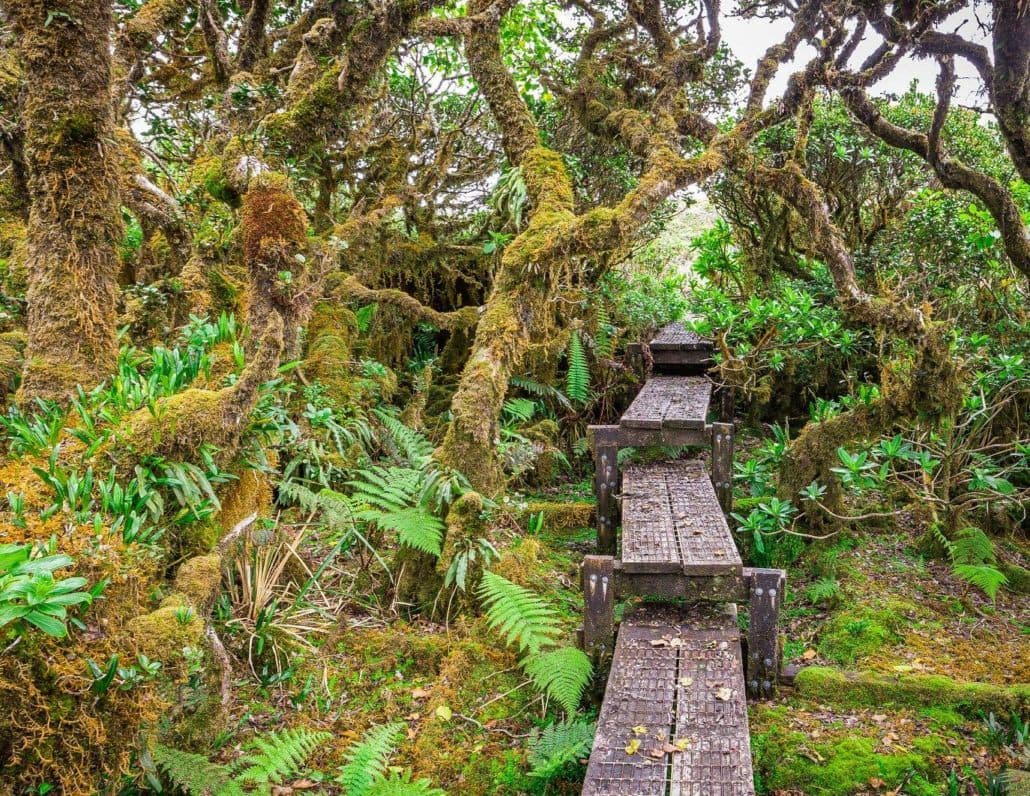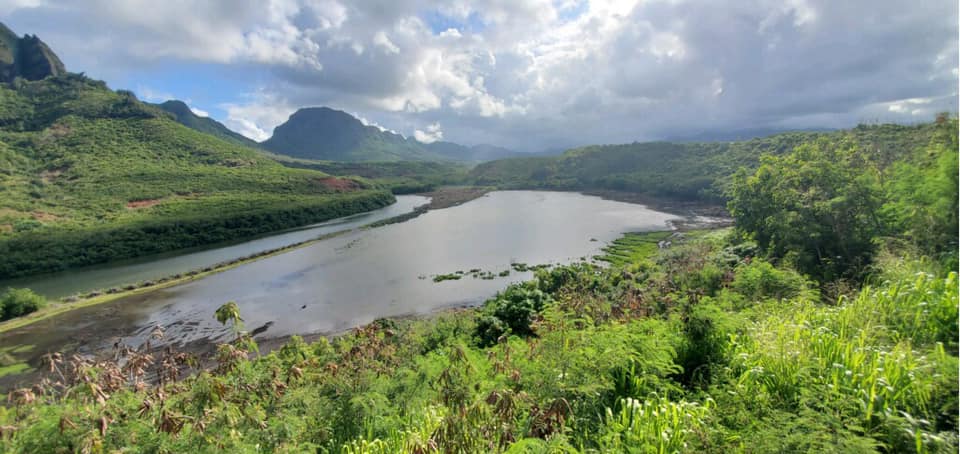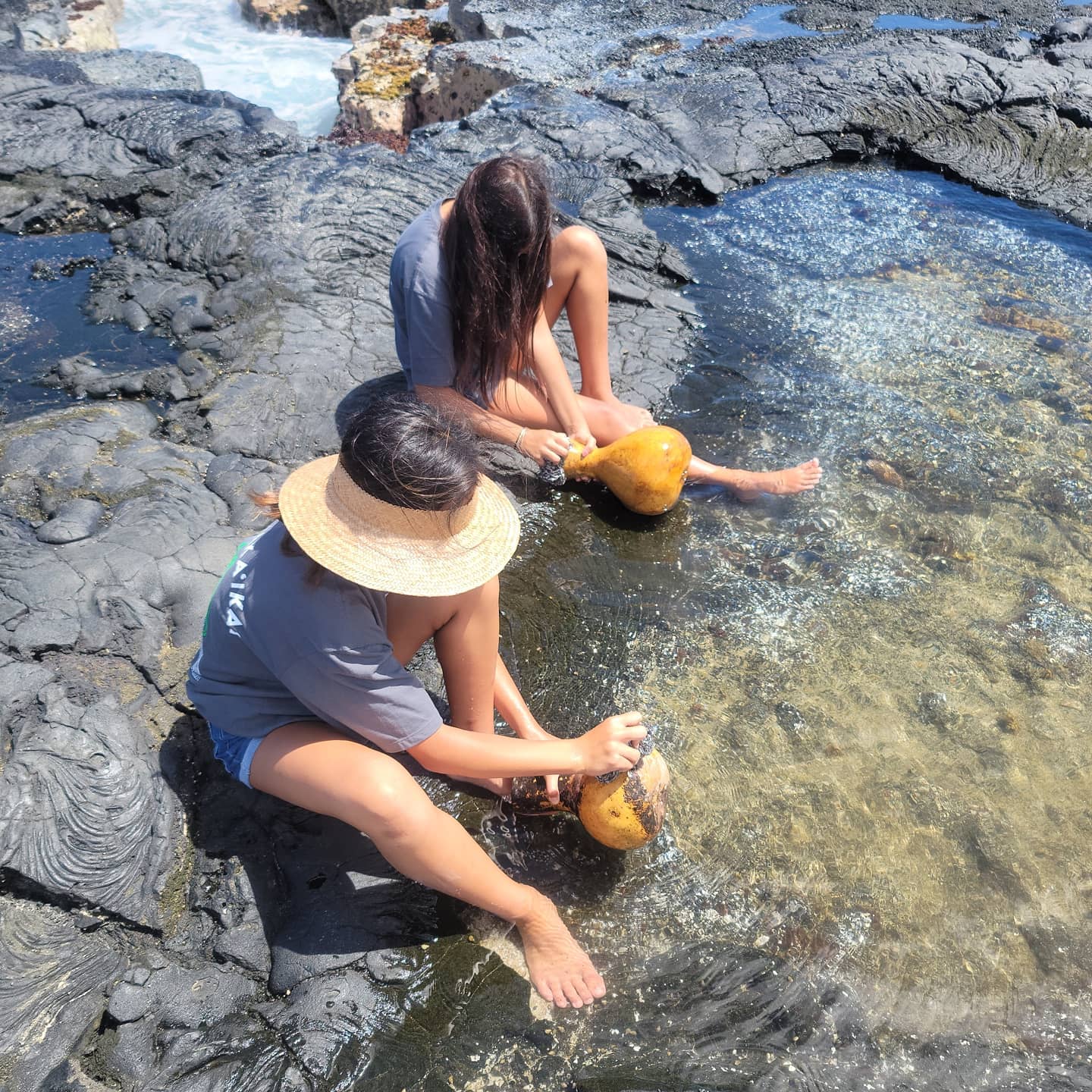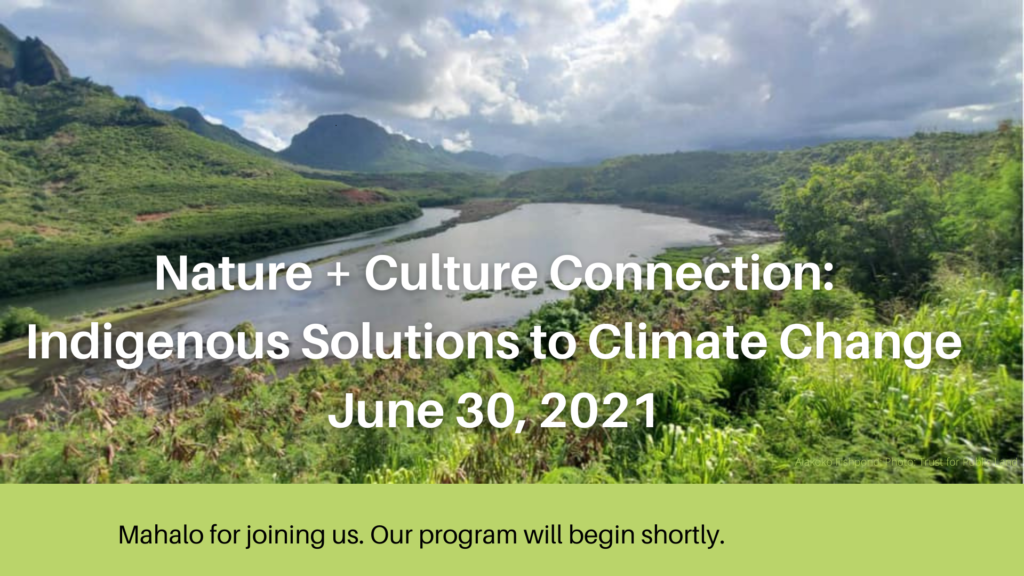Seminar: Nature + Culture Connection: Indigenous Solutions to Climate Change
Historic Hawai‘i Foundation, in partnership with the County of Maui, Mayorʻs Office of Climate Change, Sustainability, and Resiliency and The Nature Conservancy, Hawai‘i and Palmyra, will offer a free seminar on indigenous knowledge & community-based solutions for today’s challenges.
Date: Wednesday, June 30, 2021
Time: 11:00 a.m. – 1:00 p.m.
Cost: Free
Virtual Webinar via ZOOM
VIEW THE VIDEO REPLAY AND PRESENTATION BELOW
Top photos: Boardwalk in the Bog, Pu‘u Kukui Watershed Preserve, Lahaina, Maui; Alakoko Fishpond, Hulē‘ia Region, Kaua‘i; gathering paʻakai (salt) in Kaupulehu Ahupua`a, Kailua-Kona, Hawai‘i Island. Photo by Ka‘ūpūlehu Marine Life Advisory Committee.
Additional Resources
View the Seminar PowerPoint. See slide 64 for additional resources.
ABOUT THE EVENT
Presented through the framework of ancestral practice as contemporary innovation, the seminar will highlight how restoration and reclamation of traditional sites and cultural practices is a means to address contemporary issues like mitigation, resilience and adaptation to climate change.
Case studies highlighting land, water and fisheries management, will illustrate the use of ‘ike kūpuna (traditional cultural practices and knowledge) to perpetuate Hawaiian culture and navigate the challenges of a swiftly evolving landscape.
A moderated panel and Q&A with the presenters (scroll down to view bios) will follow the case studies.
FEATURED SITES:
Pu‘u Kukui Watershed Preserve (Lahaina, Maui):
The largest private nature preserve in the state of Hawaiʻi, Pu‘u Kukui Watershed Preserve extends across more than 9,000 acres from ma uka to ma kai of Mauna Kahālāwai on Mauiʻs West side. This pristine area is home to some of the rarest endangered flora and fauna in the islands, a vital water source for Mauiʻs community and one of the wettest spots on earth. Most recently, under new management, the ancestral wisdom of Hawaiian elders has been laid as the foundation for conservation efforts in the preserve; providing a culturally sensitive and informed approach to managing the thriving native ecosystem of Puʻu Kukui. Conservation endeavors include non-native invasive species control, weed control, monitoring, research and most importantly protecting rare species.
Alakoko Fishpond (Hulē‘ia Region, Kaua‘i):
Alakoko Fishpond, which lies at a large bend in the Hulē‘ia River, is over 600 years old and is the finest example of an inland loko kuapā (brackish water walled fishpond) in all of Hawai‘i. It is separated from the river by a 2,700-foot long kuapā (fishpond wall). Adjacent to the Hulē‘ia National Wildlife Refuge, it is home to endangered Hawaiian water birds including koloa maoli (Hawaiian duck), ‘alae ke‘oke‘o (Hawaiian coot), ‘alae ‘ula (Hawaiian moorhen), ae‘o (Hawaiian stilt), and nēnē (Hawaiian goose). The Fishpond acts as a natural sediment basin, minimizing soil erosion and runoff which pollutes nearshore waters damaging estuary and coral reef ecosystems. Alakoko is also a habitat and nursery for spawning and juvenile fish, prawns, and crabs that enhance Nāwiliwili Bay’s larger fishery. Fishponds demonstrate Native Hawaiian ingenuity in sustainability, food sovereignty and natural resource management.
Fisheries management:
Kīpahulu Moku, a Community-based Subsistence Fishing Area (CBSFA) (Hāna, Maui):
Kīpahulu Moku is a traditional fishing and gathering area in East Maui whose 150 residents live off the grid and rely heavily on a subsistence lifestyle – yet, this remote moku annually attracts about one to two million visitors to the Haleakalā National Park. To help preserve its culture and customs, a small group of Native Hawaiians came together in 1995 to restore natural systems and share and perpetuate practices that support the subsistence lifestyle of families across the moku, leading to the formation of the nonprofit Kīpahulu ‘Ohana, Inc. Kīpahulu ‘Ohana manages Kapahu Living Farm, a traditional wetland taro farm, in partnership with Haleakalā National Park, and is currently pursuing a Community-Based Subsistence Fishing Area (CBSFA) designation, which formally recognizes local communities as valued partners in protecting natural resources, and reaffirms and protects traditional and customary practices for subsistence and culture through State-led rulemaking.
Kaʻūpūlehu Marine Life Advisory Committee, Conservation Action Planning (Kailua-Kona, Hawai‘i Island):
The Conservation Action Plan, prepared by the Kaʻūpūlehu Marine Life Advisory Committee in 2015, incorporates Hawaiian traditional knowledge and strong science to advance enduring cultural practices and innovative government policy, to address a changing Hawaiʻi nei. The Kaʻūpūlehu Marine Life Advisory Committee envisions that Kaʻūpūlehu and Kūkiʻo, ancestral home to some and cherished by all, will be a place where the sea is cared for, productive, and welcoming. The Committee is an unincorporated group of individuals, including kamaʻāina families and organizations working to return ʻāina momona (land that is rich, abundant, plentiful, sweet and abounds in and produces much food) to their coastal waters and to sustain well being among their people.
A special pre-recorded segment on Hawaiian Science with Uncle Mac Poepoe, sharing how kānaka science can be incorporated to support aloha ʻāina in our changing climate, will be included. The presentation will focus on Moi (Polydactylus sexfilis) and their shifting spawning seasons. Uncle Mac is the founder of Hui Malama o Mo’omomi on Moloka’i, recipients of the 2019 Equator Prize*.
“I ka wa mamua, ka wa ma hope.”
The future can be found in the wisdom of the past.
*The Equator Prize is a biennial award under the U.N. Development Programme that recognizes “outstanding community efforts to reduce poverty through the conservation and sustainable use of biodiversity”. In 2019, Molokaʻi and Kaua’i-based hui, Hui Mālama o Moʻomomi and Hui Makaʻāinana o Makana, were honored for their grassroots efforts dedicated to the perpetuation of indigenous and local knowledge and community-based conservation. Learn more.
PRESENTERS
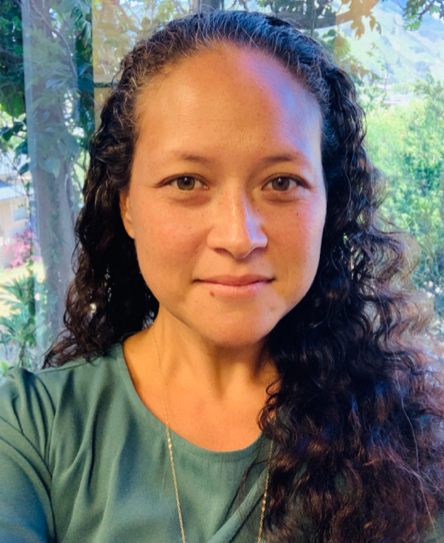
(Project Partner & Moderator) Makale’a Ane currently serves as the Resilience Officer for the County of Maui Mayor’s Office of Climate Change, Resilience, and Sustainability. As the point person for all environmental issues within Maui County Makale’a brings together a wide array of stakeholders to learn about the County’s challenges and build support for climate adaptation/mitigation and resilience initiatives. She aspires to incorporate her interest in Traditional Ecological Knowledge to facilitate the cooperation of government agencies with native people.
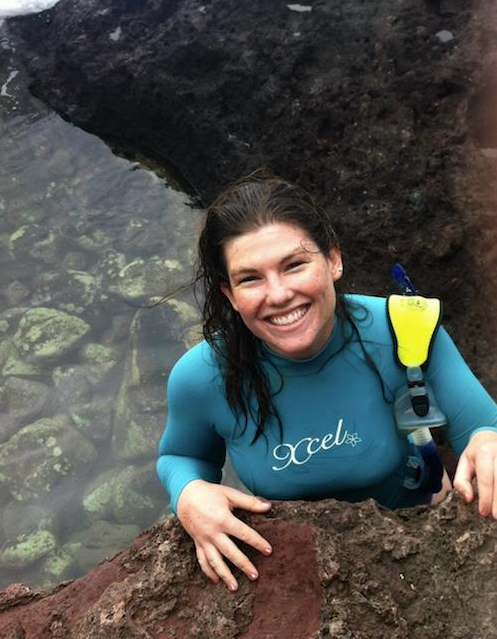
(Project Partner) Born and raised in Waikapu, Maui, Alana Yurkanin graduated from Baldwin High School in 2005, received her bachelor’s degree in Environmental Science from Colorado College in 2009 and her master’s degree specialization in Coastal Marine Resource Management from UC Santa Barbara’s Bren School in 2014. As Project Manager for The Nature Conservancy’s Maui Marine Team, Alana leads and participates in marine conservation programs in Maui Nui including the management, development and coordination of conservation activities with multiple community and agency partners to advance initiatives such as marine area planning and designations, community-based learning networks, and monitoring of ‘opihi, fish, and coral. Additionally, she has a background in outdoor and environmental education, seamanship, international aid work, and performing arts.
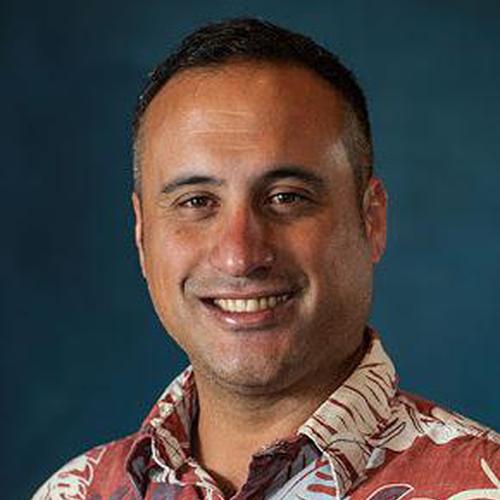
Kamuela Enos is the Director of the Office of Indigenous Innovation for the University of Hawai‘i System. His work focuses on repositioning ancestral practice as contemporary innovation. Born and raised in Wai’anae, O‘ahu, Kamuela comes from a family of cultural practitioners and farmers committed to sustainable agriculture. A vocal advocate for innovative educational approaches that serve all learners, Kamuela has turned his challenged secondary educational experiences into a successful post-secondary academic career. Kamuela has an undergraduate degree in Hawaiian Studies and an M.A. in Urban and Regional Planning from the University of Hawaiʻi at Mānoa. Kamuela previously served as director of social enterprise at MA`O Farms- a community run non-profit that aims to connect Waiʻanae youth to the land, while fostering in them workforce and life skills.
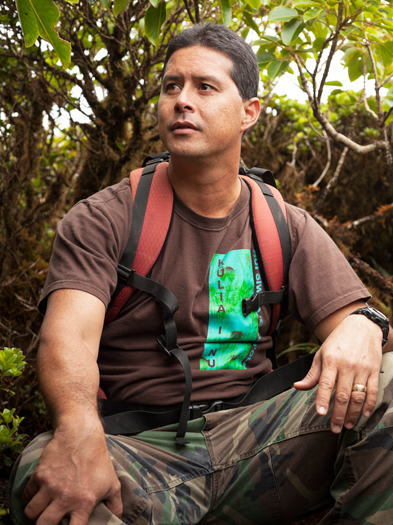
Pomaika‘i Kaniaupio-Crozier is the Conservation Manager for Pu’u Kukui Watershed Preserve and ma kai conservation areas. Pomaika’i is a graduate of Saint Louis High School and the University of Hawai’i at Mānoa. Focusing on Hawaiian traditional resource management for the past 20 years, Pomaika‘i has worked on ahupua’a restoration, hale building, lo’i restoration, riparian enhancement, native forestry stewardship and marine ecosystems. Fluency in Hawaiian and learning from Kūpuna keeps Pomaika’i grounded and rooted to his Hawaiian culture. E loa Mau Ka ‘olelo Hawai’i. Pomaika’i gives all praises to Ke Akua a me ka Haku o Iesu Kristo for the many blessing that we are blessed with and able to steward.
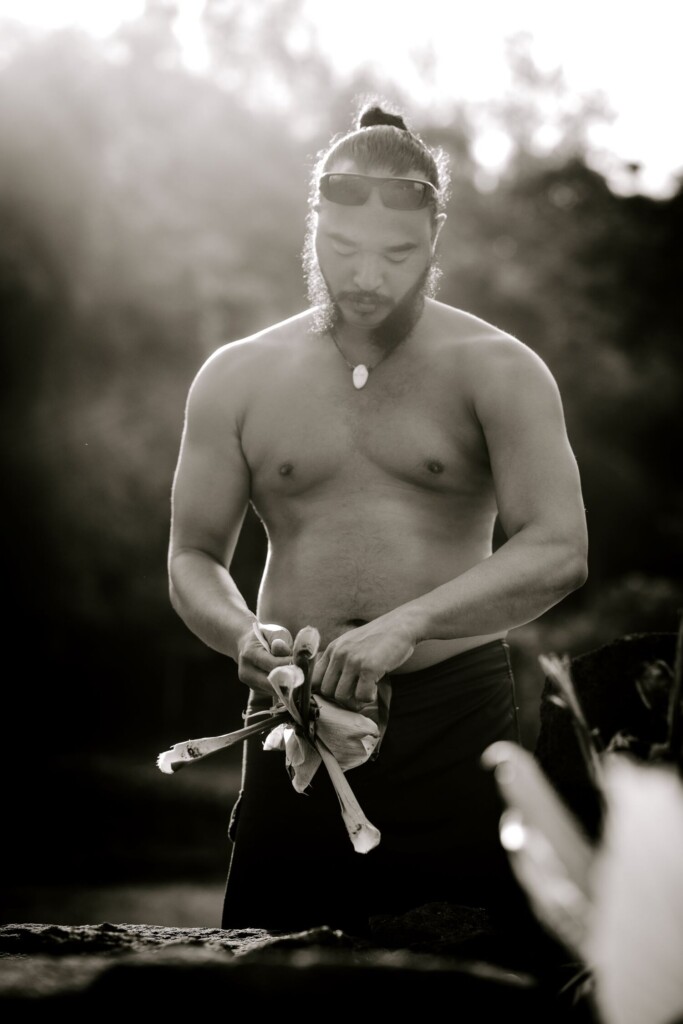
Peleke Flores was born in Hilo, Hawai‘i and raised in Waimea, Kaua‘i. He is a 2001 graduate of Waimea High School and attended Kapi‘olani Community College then transferred to UH Mānoa studying Hawaiian Studies and Language with a special focus on Mālama ‘Āina. He has dedicated over 15 years of his career working for ‘Āina Based Non-Profit Organizations. Peleke served as the Kū Hou Kuapā Coordinator at Paepae o Heʻeia fishpond on the Ko’olaupoko district of Oʻahu, where his knowledge of mālama ‘āina practices and dry stack wall-building were invaluable in the restoration of this sacred space. Peleke currently works for Mālama Hulēʻia where his ʻike and expertise are integral in restoring this wahi pana including the 600-year-old Alakoko fishpond. He is experienced in Traditional Hale Building, Uhau Humu Pohaku (hawaiian dry set) and restoring traditional Hawaiian food systems such as lo’i kalo, lo’i pa’akai, ko’a/limu, and loko i’a.
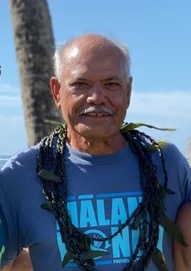
Uncle Mac Poepoe is the founder of Hui Malama o Mo’omomi on Moloka’i. A lawaiʻa and konohiki practitioner from Moloka‘i, Uncle Mac is a lifelong student of our environment, studying the inter-connections between species, ecosystems, people and how they are evolving & adapting to change.
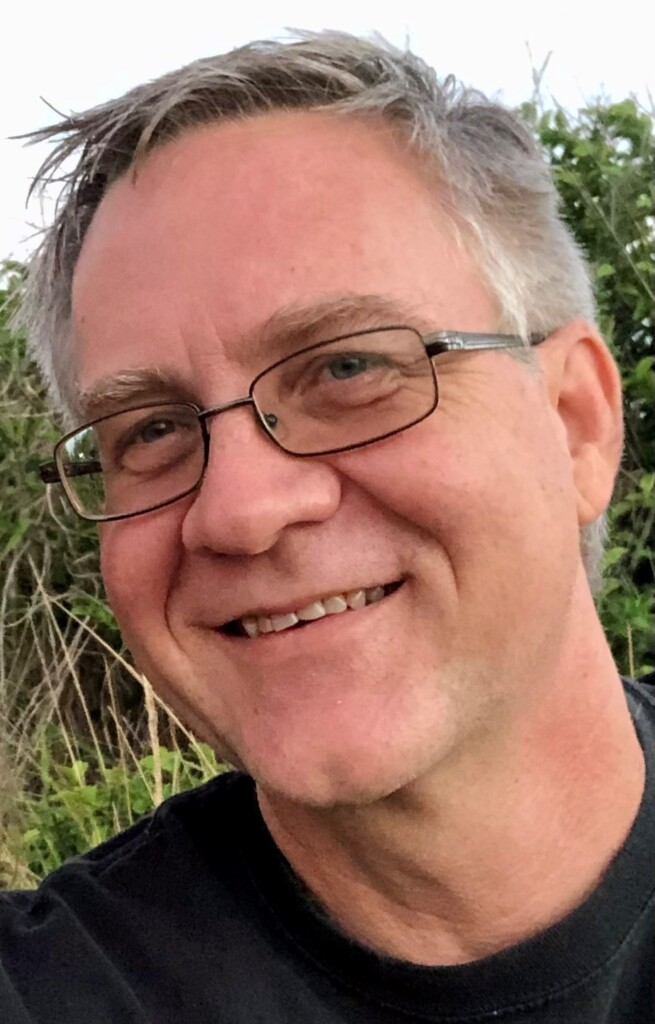
Scott Crawford has worked as the Executive Director of Kīpahulu ʻOhana for the past 20 years supporting traditional Hawaiian agriculture, shoreline and other facets of ahupuaʻa management. He is the Chair of Ke Ao Hali’i (Save the Hāna Coast) since 2018, and the Secretary for Na Mamo O Mu’olea since 2005, helping to manage conservation lands in East Maui for traditional subsistence lifestyle, from mauka to makai. Scott has been a part of the Maui Nui Makai Network, serving as po’o/chair in 2015, helping to connect communities across Maui Nui to care for and restore healthy ecosystems on which Hawai’i’s people depend. Scott also helps to coordinate the Hāna Farmers Market, serves as a trustee for the Hāna Cultural Center, and serves on other nonprofit boards in Hāna.
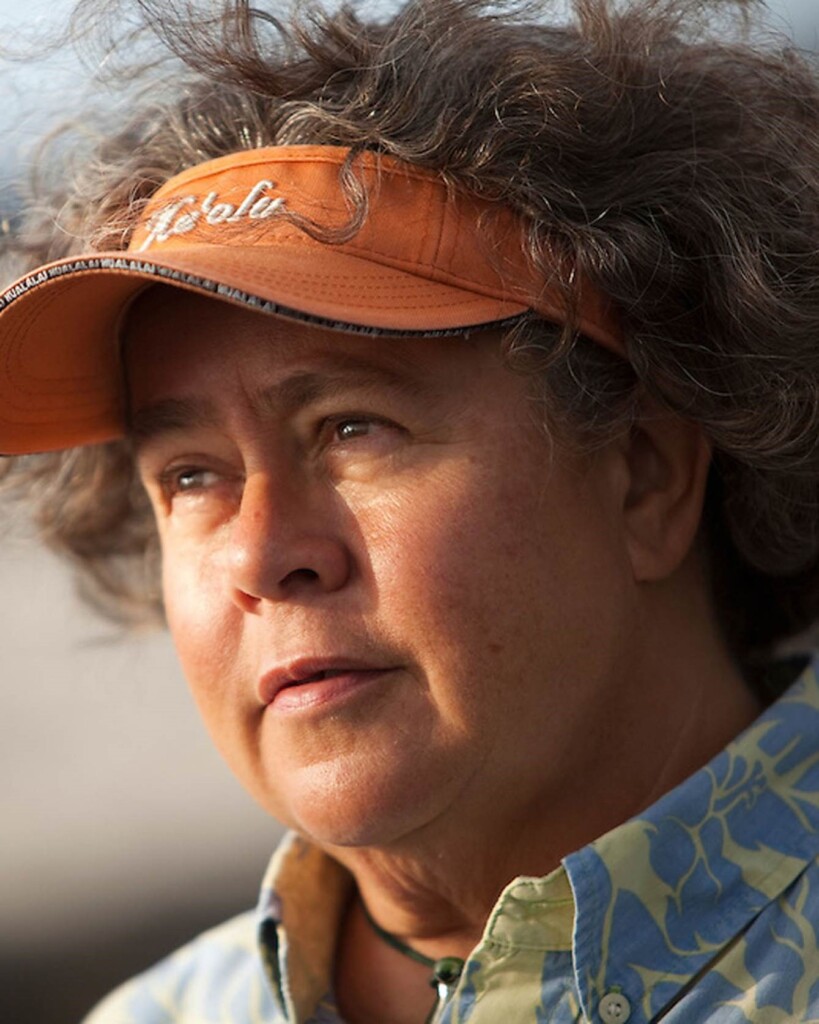
Hannah Kihalani Springer is kama‘āina of Kaʻūpūlehu, North Kona, and a life-long student of the cultural and natural histories of Hawai‘i. She has guided visitors through the ahupua‘a she calls home, showing them what lies within the boundaries of Kaʻūpūlehu from mauka to makai. Hannah emphasizes that the practice of learning and using Hawaiian place names is historic preservation in action, and in this way everyone can participate in preserving history. Hannah is part of the Ka’ūpūlehu Marine Life Advisory Committee (KMLAC), a group of local landowners, businesses, advocacy groups, and families with ancestral ties to the area, that has been working for more than two decades to restore coral reefs and fish populations through improved collaborative management with the State. She is a former trustee of the Office of Hawaiian Affairs, The Nature Conservancy Hawai‘i and Hawai‘i Preparatory Academy. Her ‘ohana, including her children and grandchildren, are the sixth and seventh generation to live in the family home at Kukuiohiwai. Hannah received Historic Hawai‘i Foundation’s Preservation Honor Award for Individual Achievement in 2019.

